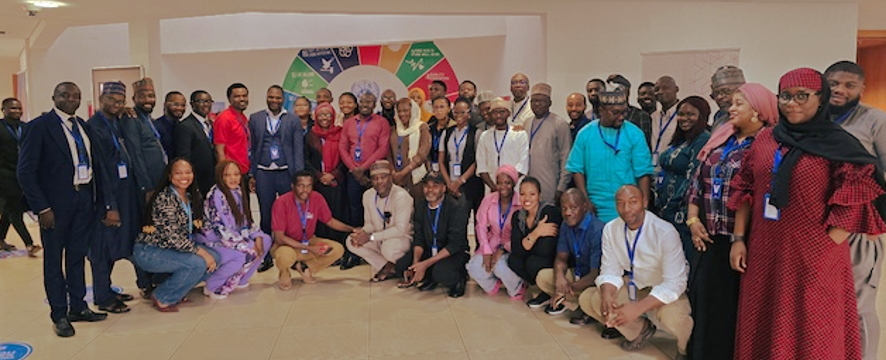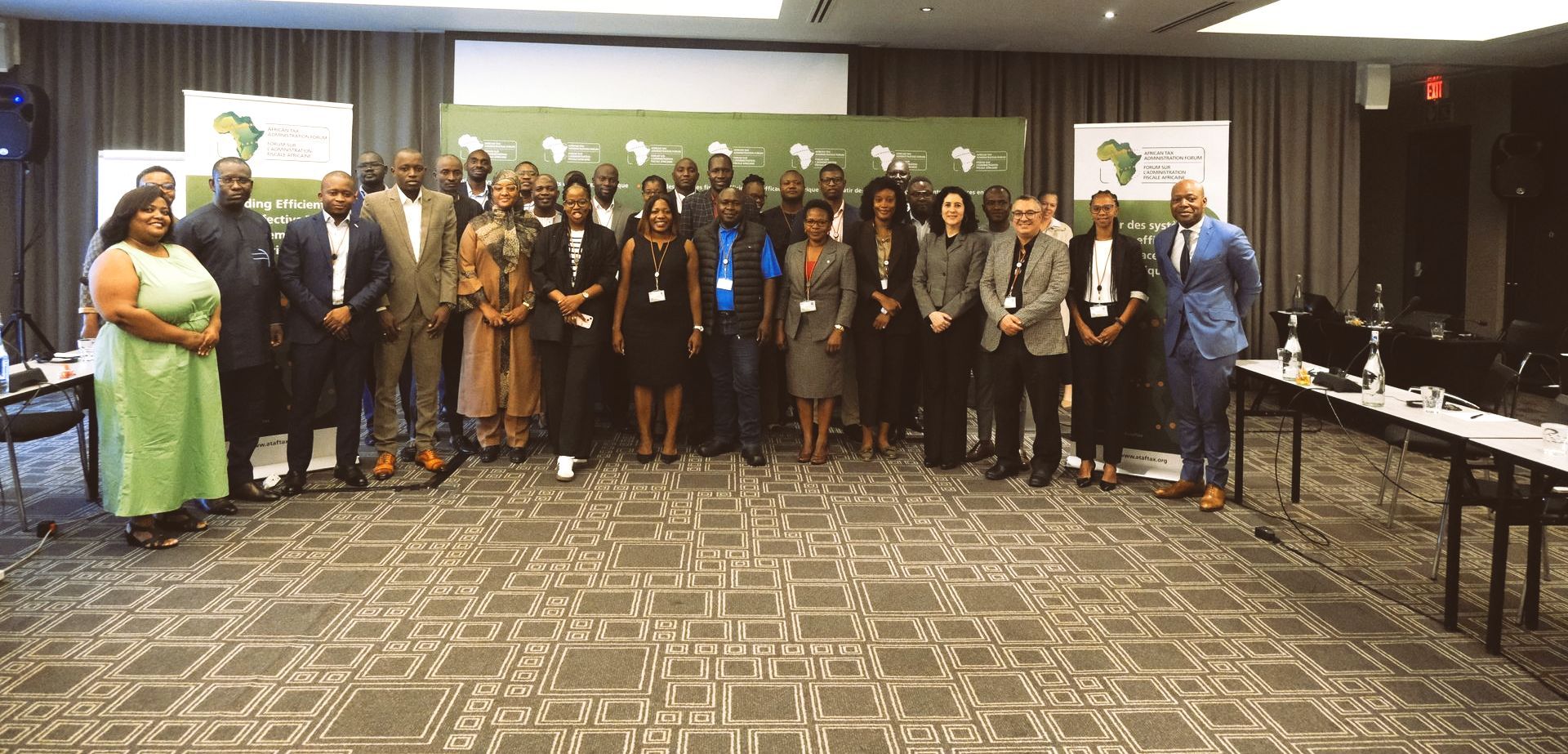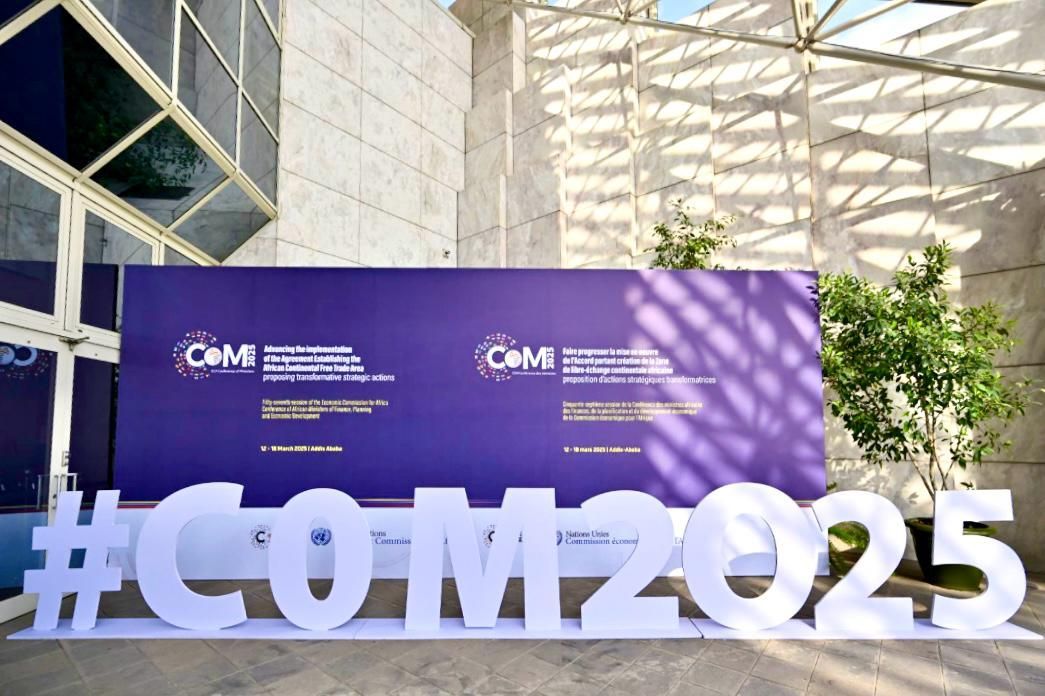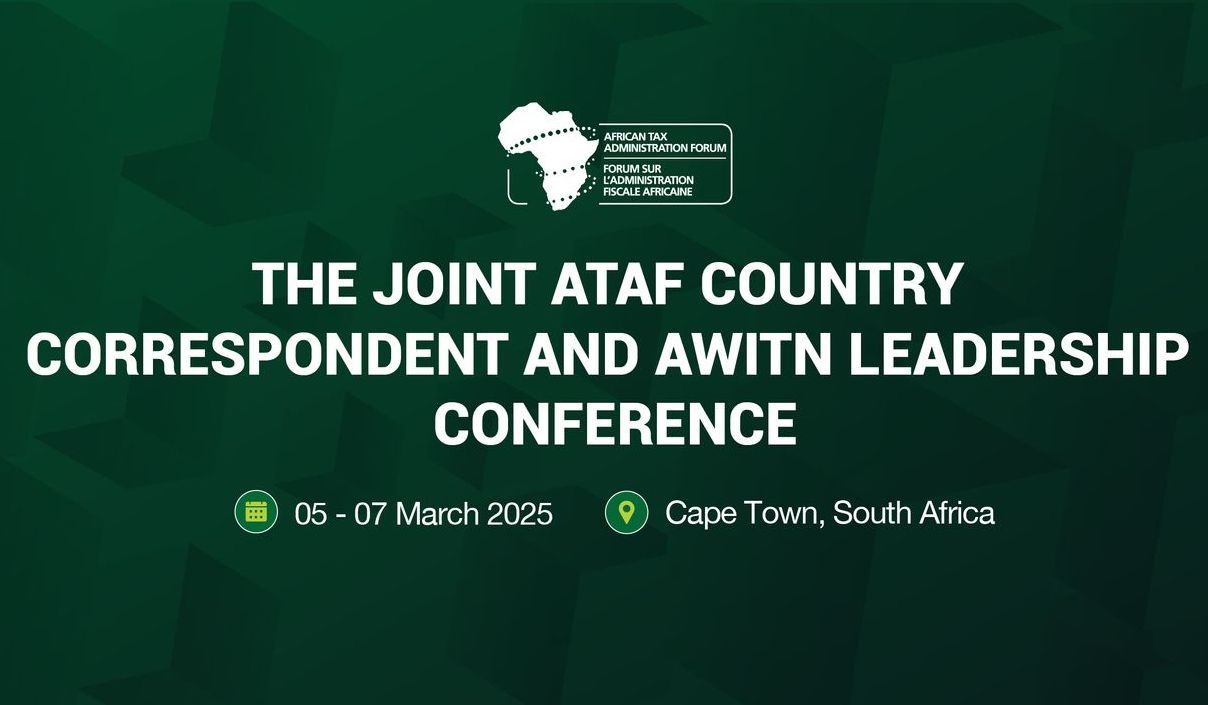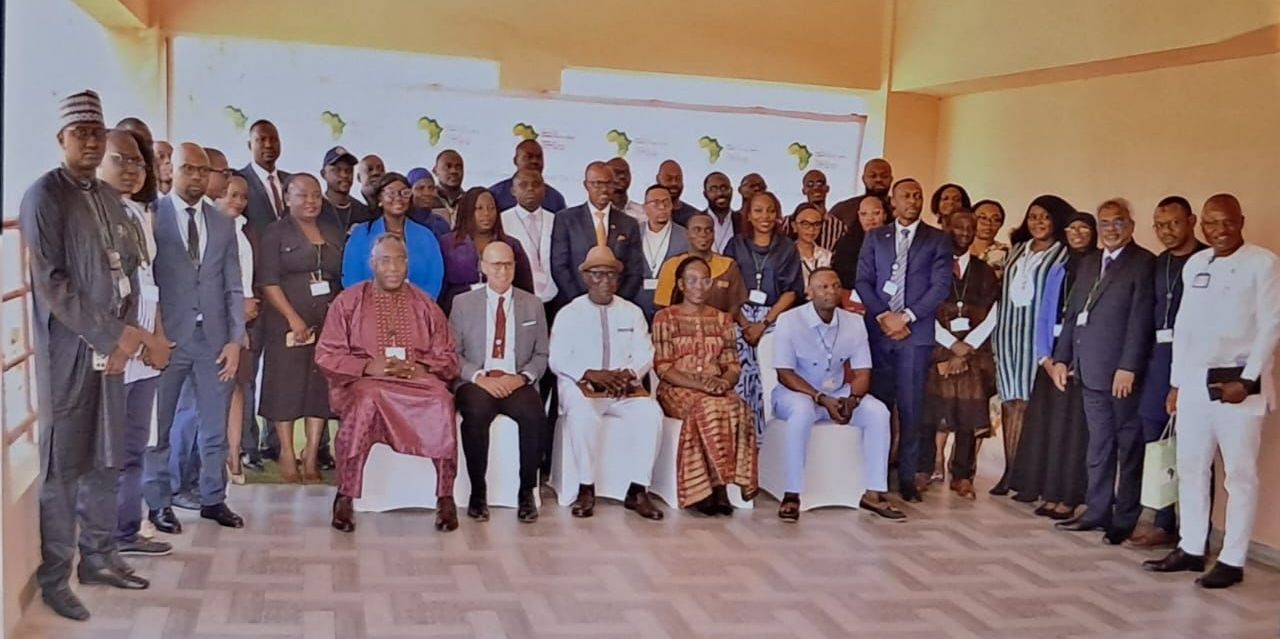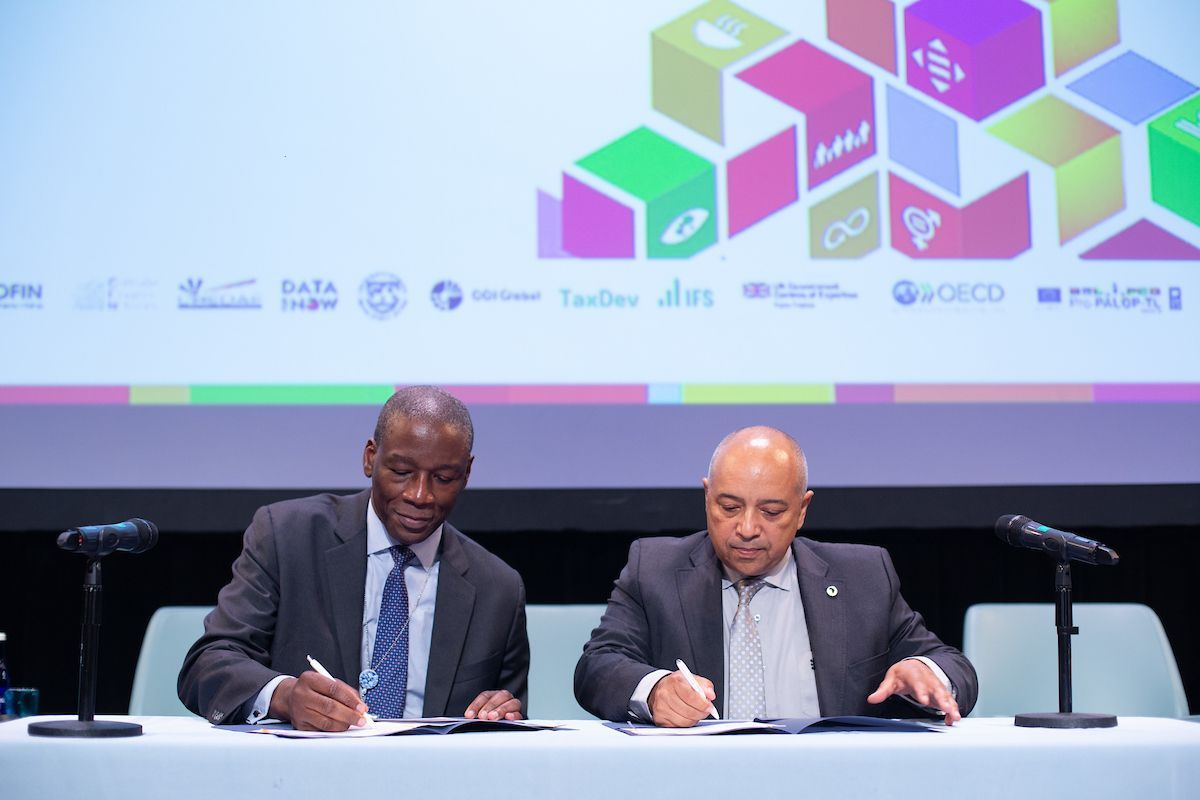Importance of advocating for tax and gender in Africa
Taxation is a key aspect to increase gender equality since tax is one of the building blocks of society. In particular, it creates domestic resources which are a major source of funding for economic development and empowerment.
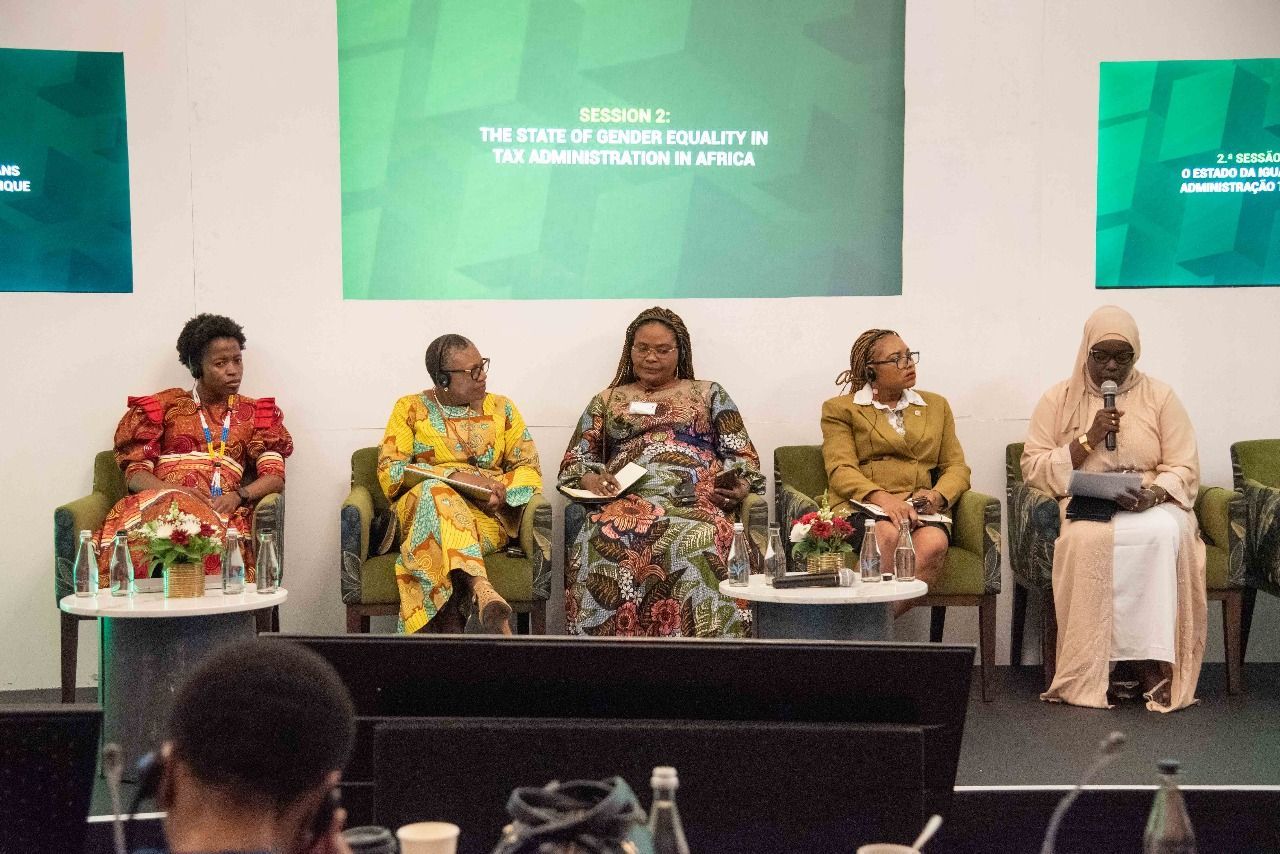
A panel discussing the state of gender equality in African tax administrations, during the ATAF Women In Tax Network Leadership Conference in Cape Town, South Africa on 5 March 2025.
Promoting gender equality and empowering women are critical components of effective domestic revenue mobilization (DRM) reforms, supporting inclusive and sustained economic growth. The goals of growth and inclusivity are deeply interconnected, and gender inequality poses a significant barrier.
Closing gender gaps through equitable resource allocation, program development, and decision-making helps drive positive social outcomes and economic resilience.
Women represent more than half of Africa’s population. However, they face several challenges such as economic and political exclusion, lack of access to education, and gender-based violence. These challenges perpetuate gender inequality in the participation of women in economic development, and the workforce.
According to the World Economic Forum, the gender gap between the male and female population in Sub-Saharan Africa is 68.4%. Global gender inequality in economic participation and opportunities is at 68.%, while political empowerment is significantly lower at 21.3%. Women’s workforce participation is at 26%, with only 17% of firms having women leaders.
Women hold just 22% of parliamentary seats in Sub-Sahara Africa. The leadership landscape remains predominantly male-dominated, even in tax administration, making it challenging for gender-related issues to receive the attention they deserve.
Taxation is a key aspect to increase gender equality since tax is one of the building blocks of society. In particular, it creates domestic resources which are a major source of funding for economic development and empowerment. Thus, effective DRM can support inclusive and sustained economic growth.
There are two issues which standout though. The impact of tax systems on gender equality and the participation of women in tax administration. These issues are the reasons the African Tax Administration Forum (ATAF) committed in 2021 to promote gender equality through tax systems through the creation of the ATAF Women in Tax Network (AWITN).
AWITN aims to shape and implement strategies to enhance gender equality in recruitment, opportunity, and leadership within the tax industry. Simultaneously, the Network is championing a fresh approaches of data collection in African taxation, focusing on gender-responsive reporting. This approach intends to enable the assessment of gender impact on tax policy and the development of standards and models that ATAF can adopt to formulate gender-neutral policies to ensure more equitable and efficient tax systems.
Ms Mary Baine, ATAF Deputy Executive Secretary and AWITN Board Member, reflected on the reason AWITN was created. She noted “in our strive to support the attainment of the
Sustainable Development Goals (SDGs), the 5th SDG is one which aligns with ATAF’s gender strategy directly. As society, we often assume that tax systems are gender neutral but being gender blind does not translate to being gender neutral. There are explicit and implicit biases which tend to disproportionally affect women. On the other hand, there are less women in specialised tax fields and women in leadership positions. As ATAF, we are adamant that the status quo cannot remain the same. Tangible transformation needs to happen in tax systems, and this can be done through a better analysis of tax policies through evidence-based data and empowering women through targeted mentorship and leadership development programmes”.



